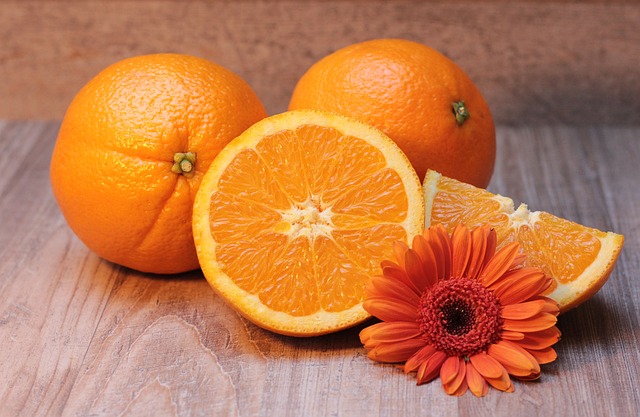Ageless Beauty Starts in the Gut: Discover the Anti-Aging Benefits of Probiotics
When we talk about beauty and skincare, we often focus on external factors such as creams, serums, and treatments. However, true beauty starts from within. The health of our gut plays a significant role in our overall well-being, including our skin’s appearance. Probiotics, known as “good” bacteria, have gained popularity not only for their digestive health benefits but also for their potential as anti-aging allies.
The Gut-Skin Connection
It may seem surprising, but there is a strong connection between the gut and the skin. The gut is home to trillions of microorganisms, collectively known as the gut microbiota. These microorganisms play a crucial role in digestion, nutrient absorption, and immune function. They also influence the health and appearance of our skin.
When there is an imbalance in the gut microbiota, known as dysbiosis, it can lead to various skin conditions such as acne, eczema, and premature aging. The gut-skin axis demonstrates how an unhealthy gut can manifest itself in the form of skin issues. Conversely, nurturing our gut with beneficial bacteria, like probiotics, can promote a healthy gut microbiota and radiant skin.
The Anti-Aging Effects of Probiotics
Probiotics offer a wide range of anti-aging benefits, both internally and externally. Let’s explore how they can help you achieve ageless beauty:
1. Enhanced Nutrient Absorption
Age-related changes in the gut can hinder nutrient absorption, which is essential for maintaining youthful skin. Probiotics help improve the absorption of vitamins, minerals, and antioxidants necessary for firmness, elasticity, and a vibrant complexion.
2. Reduction of Inflammation
Inflammation is a primary cause of premature aging. Imbalances in the gut microbiota can trigger chronic low-grade inflammation throughout the body, leading to accelerated aging. Probiotics have been shown to modulate the inflammatory response and may help reduce skin inflammation, promoting a more youthful appearance.
3. Increased Collagen Production
Collagen is a protein that provides structure and elasticity to the skin. As we age, collagen production naturally declines, leading to wrinkles and sagging skin. Probiotics have been found to stimulate the production of collagen, helping to maintain skin’s firmness and suppleness.
4. Protection against UV Damage
Excessive exposure to ultraviolet (UV) radiation from the sun can accelerate aging by causing DNA damage and oxidative stress. Probiotics enhance the skin’s natural defense mechanisms, providing some level of protection against UV-induced damage.
5. Support for Skin Barrier Function
The skin barrier is the outermost layer of the epidermis, responsible for protecting the skin from external aggressors and preventing moisture loss. Probiotics help strengthen the skin barrier by promoting the production of ceramides and other lipids that maintain skin hydration, resulting in a plump and youthful complexion.
How to Incorporate Probiotics into Your Skincare Routine
Now that you understand the many anti-aging benefits of probiotics, you may be wondering how to incorporate them into your skincare routine. Here are a few tips:
1. Probiotic Supplements
Oral probiotic supplements can help improve gut health, which, in turn, supports skin health. Look for a high-quality probiotic supplement containing strains such as Lactobacillus and Bifidobacterium. Always consult with a healthcare professional before starting any new supplements.
2. Probiotic-Rich Foods
In addition to supplements, you can obtain probiotics naturally from certain foods. Yoghurt, kefir, sauerkraut, kimchi, and kombucha are all excellent sources of probiotics. Incorporate these into your diet for a healthy gut and glowing skin.
3. Probiotic Skincare Products
Topical skincare products







